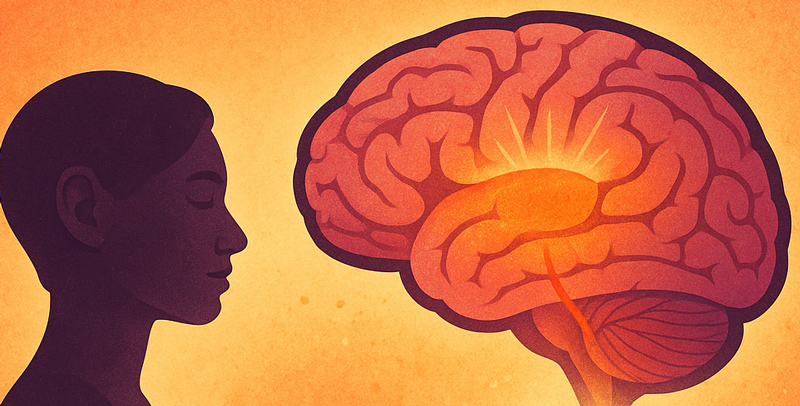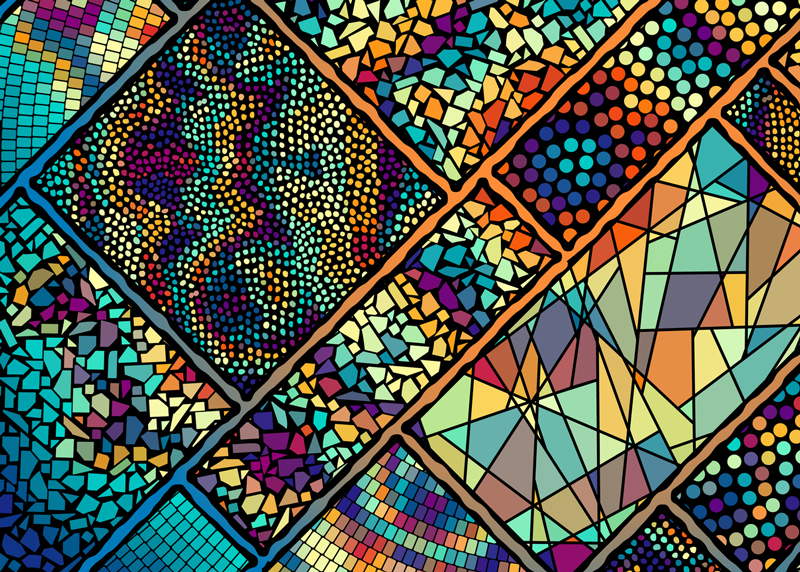
The Neuroscience of Embodiment, Empathy, and Gratitude
November 8, 2025This post is part of the three-week Grounded in Gratitude series — Week Three: Gratitude for the World Around Us.
Gratitude has become marginalized in our world. Sometimes, a feel-good gesture, occasionally, an exercise in virtue, or even a reprimand to “be grateful!” But in ancient traditions, it’s understood that gratitude is essential to the continuity of life, to the balance of giving and receiving that sustains our world. What does it mean to bring gratitude, on an elemental level, back into our lives?

I’m not assuming you’re an atheist, but our culture has generally moved away from directing gratitude at large towards higher or divine powers, at least systematically. We instead live in a transactional society. Payments, taxes, and quantifiable economics have replaced the practice of offering thanks. Our economy accounts for what can be measured, but not for what is received freely, sunlight, air, rain, the generosity of non-human lives on earth. In a world of ledgers and balances, gratitude is ineffable, and so it becomes a dispensable practice.
Yet gratitude is not a pleasantry; it is an acknowledgment of indebtedness. It says, I have received something of value that I did not directly earn. Embedded in many Indigenous traditions, gratitude was a binding force between human life and the natural world. To receive without thanks was to upset the order of things. Gratitude carried power and responsibility, to give back, to care, to sustain balance.
Where are we now? We take from the world as if it were without consequence, without ceremony. We pay a carbon tax, nominally plant a tree, and move on… but rarely do we bow our heads in reverence at what has been given.
With gratitude comes onus. To say thank you is to recognize the preciousness of what we receive, and to promise that it will not be squandered. Gratitude opens a relationship, one that obliges us to return care, to sustain the flow of giving.
Even the sun, the most constant of givers (we cannot give its energy back to it), but we can honour this gift by maintaining the balance that allows life to thrive under its light. Gratitude becomes a way of staying in “right relationship” with natural powers; in other words, to live with grace.
Thank you to the trees for breathing my waste.
Thank you to the insects and smallest forms of life for turning my refuse into nourishment.
Thank you to the rain for returning to feed the flow of life.
Thank you to the plants and animals that have given their lives so I can eat.
Thank you to the sun for everything.
Thank you to all beings who have come before, for stewarding the gift of life itself.
Bows,
Karen & Chris




